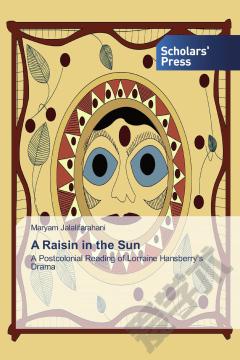A Raisin in the Sun —— A Postcolonial Reading of Lorraine Hansberry's Drama
----- 阳光下的葡萄干:洛林·汉斯贝里戏剧的后殖民解读
Lorraine Hansberry’s dramas are skillful dramatic reflections of the sufferings working class African American families tolerated in the racist and materialist culture of the United States. Many critics regard them as the best representative of African American culture and identity. Of course they do not treat human identity categorically, and exploit a various sense of human and racial identity. In this study, therefore, the researcher navigates the linguistic schemata of Lorraine Hansberry’s A Raisin in the Sun to make clear the signifying function of its language as stimulus of racial consciousness. This play is studied from a linguistic perspective to see how language enables the process of signifying and how African and American identities are in a permanent process of mutual renovation.
{{comment.content}}








 京公网安备 11010802027623号
京公网安备 11010802027623号